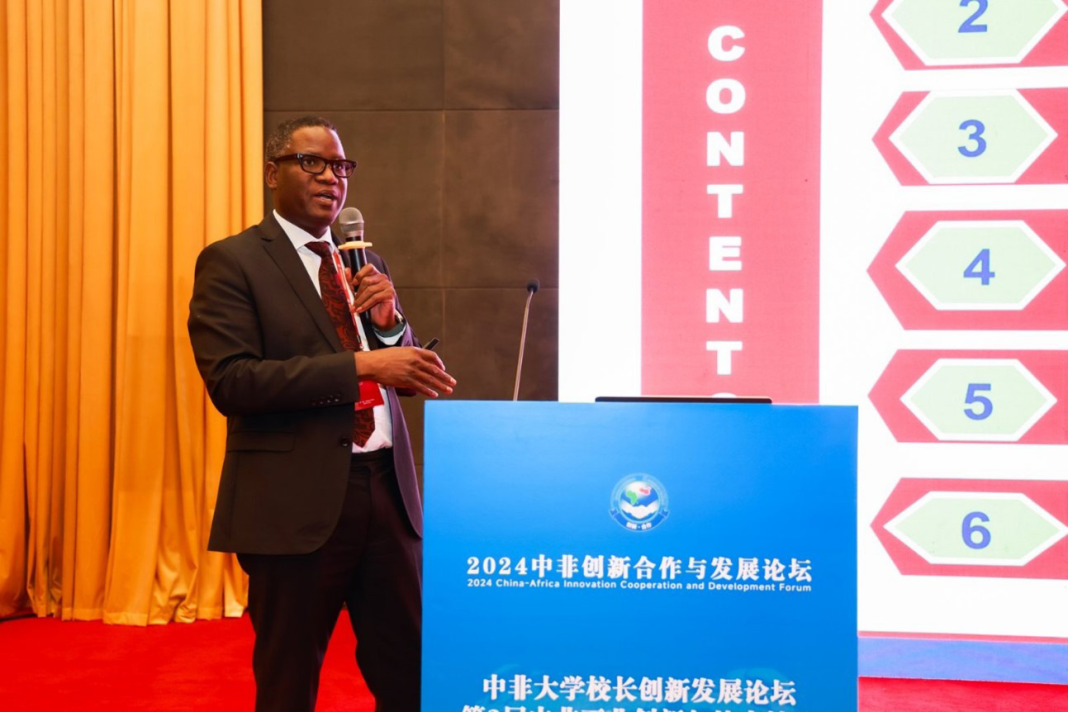Africa is on a bold journey towards a greener economy, and one name keeps coming up in this transformation—China. In recent years, China has positioned itself as a key partner in Africa’s green transition, providing substantial financing for renewable energy projects and industrial modernization. But what does this mean for a continent grappling with climate change, energy deficits, and the need for economic growth? Let’s explore.
Why Africa Needs a Green Transition
Africa contributes the least to global greenhouse gas emissions but suffers the most from the effects of climate change. Rising temperatures, erratic rainfall, droughts, and flooding are already impacting agriculture, water resources, and livelihoods across the continent.
At the same time, Africa faces an energy crisis. Over 600 million people lack access to electricity, and reliance on fossil fuels has proven both unsustainable and costly. Transitioning to greener energy sources like solar, wind, and hydro is not just an environmental priority—it’s a developmental one.
China’s Role in Africa’s Renewable Energy Push
China has stepped up as one of Africa’s largest investors in renewable energy. From massive solar farms in Egypt to wind power projects in Ethiopia, Chinese companies are helping Africa tap into its vast renewable resources.
For instance, China funded the Garissa Solar Plant in Kenya, one of the largest in East Africa. This project generates 50 MW of electricity, enough to power over 600,000 homes. Similarly, Ethiopia’s Adama Wind Farms, built with Chinese technology and financing, produce clean energy to support the country’s industrial ambitions.
These projects are not just about energy—they are about independence. By reducing reliance on imported fossil fuels, African nations can save billions and redirect those funds towards critical sectors like healthcare and education.
Industrial Modernization with a Green Lens
Africa is keen to industrialize, but there’s a catch—it must do so sustainably. China’s investments in green industrial zones are helping Africa achieve this balance.
Take the Lekki Free Trade Zone in Nigeria, which focuses on clean energy manufacturing and environmentally friendly industries. With Chinese backing, this zone is creating jobs while minimizing environmental impact.
In South Africa, Chinese companies are involved in producing electric buses and battery technologies. These innovations not only reduce carbon emissions but also position Africa as a potential global player in the green technology market.
A Win-Win Partnership?
Critics often question China’s intentions in Africa, labeling their investments as a modern form of economic imperialism. However, when it comes to green projects, the partnership appears to be mutually beneficial.
For Africa, China brings in affordable technology, expertise, and financing—resources that are often scarce on the continent. For China, Africa provides a market for its renewable technologies and a platform to bolster its global reputation as a climate leader.
Still, there are concerns about the environmental impact of some Chinese-led projects. For example, large hydropower dams, though renewable, can disrupt ecosystems and displace communities. African governments must ensure that green investments truly benefit their people and protect the environment.
The Road Ahead
Africa’s green transition is not just a necessity; it’s an opportunity to leapfrog outdated technologies and build a sustainable future. China’s strategic investments are playing a crucial role in this journey, but the success of this partnership depends on transparency, accountability, and a shared commitment to long-term goals.
As Africa continues to rise to the climate challenge, its collaboration with China could set a powerful example for the rest of the world—a partnership that proves economic growth and environmental sustainability can go hand in hand.





